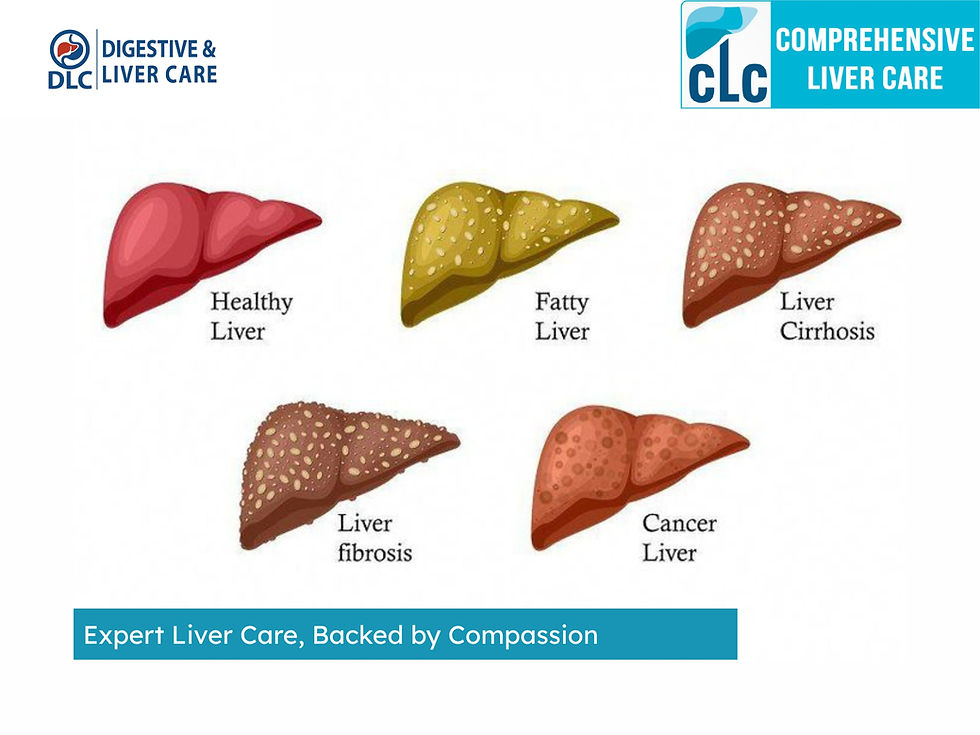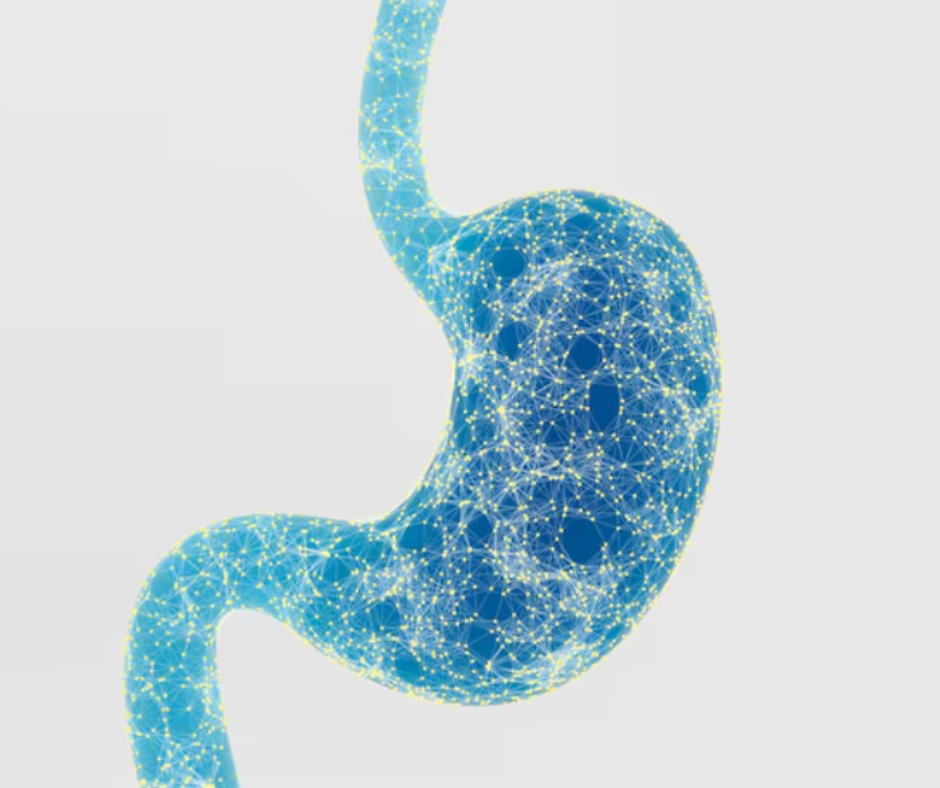Liver Transplant Physician: The Specialist Who Saves Lives
- livercarecenter23
- Oct 17, 2025
- 3 min read
A liver transplant can be a life-saving intervention for patients suffering from severe liver disease. The liver transplant physician is a highly trained specialist who evaluates, manages, and treats patients throughout the transplant process, from initial assessment to post-operative care. Their expertise ensures optimal outcomes, reduced complications, and improved quality of life for patients with liver failure or advanced liver disorders.

Understanding the Role of a Liver Transplant Physician
A liver transplant physician specializes in managing patients with end-stage liver disease. They work closely with surgeons, hepatologists, and other healthcare professionals to provide a seamless treatment experience.
Key Responsibilities Include:
Assessing patient eligibility for liver transplantation
Coordinating pre-operative care and preparation
Managing surgical planning alongside the transplant team
Administering post-transplant care and immunosuppressive therapy
Monitoring long-term liver function and preventing complications
Their work requires in-depth knowledge of liver pathology, surgical techniques, and post-transplant management to ensure patients achieve the best possible outcomes.
Conditions Requiring Liver Transplant
Liver transplant physicians treat a variety of serious liver conditions, including:
Cirrhosis – Scarring of the liver due to hepatitis, alcohol, or fatty liver disease
Hepatitis B and C – Chronic viral infections leading to liver damage
Acute Liver Failure – Rapid deterioration of liver function requiring urgent intervention
Liver Cancer – Certain cases of hepatocellular carcinoma are treated with transplantation
Alcohol-Related Liver Disease – Severe damage caused by long-term alcohol abuse
Early consultation with a liver transplant physician is crucial for timely intervention, which can dramatically improve survival rates.
Diagnostic Evaluation
Before recommending a transplant, the physician conducts thorough evaluations:
Blood Tests: Liver function tests, coagulation profiles, and viral screenings
Imaging: Ultrasound, CT scan, or MRI to assess liver structure
FibroScan: Non-invasive testing for fibrosis or cirrhosis
Liver Biopsy: Confirms the severity and type of liver disease
Cardiac and Pulmonary Assessment: Ensures the patient is fit for surgery
These evaluations help the physician determine the patient’s readiness and tailor the treatment plan accordingly.
Pre-Transplant Preparation
Successful liver transplantation requires meticulous pre-operative preparation:
Lifestyle Optimization: Diet, exercise, and avoiding alcohol
Medication Management: Adjusting existing medications to prevent complications
Patient Education: Explaining the procedure, risks, and post-transplant care
Multidisciplinary Coordination: Working with surgeons, dietitians, and nurses
Proper preparation reduces surgical risks and ensures a smoother recovery.
The Transplant Procedure
There are two main types of liver transplants:
Deceased Donor Liver Transplant: Replacement of the patient’s liver with a whole liver from a deceased donor
Living Donor Liver Transplant: Transplanting a portion of a healthy donor’s liver, often from a family member
The liver transplant physician collaborates closely with the surgical team, monitors the patient during surgery, and ensures post-operative care is in place.
Post-Transplant Care
Post-surgery care is critical for the success of a liver transplant:
Immunosuppressive Therapy: Prevents organ rejection
Routine Monitoring: Frequent blood tests and imaging to track liver function
Infection Prevention: Special care due to immunosuppression
Lifestyle Management: Healthy diet, hydration, exercise, and avoidance of alcohol or toxins
The physician’s continuous monitoring and guidance help the patient adapt to life after transplantation and maintain optimal liver health.
Benefits of Consulting a Liver Transplant Physician
Expert Guidance: Personalized treatment plans and informed decisions
Comprehensive Care: Covers pre-op, surgery, and long-term follow-up
Improved Outcomes: Reduces complications and enhances survival
Preventive Advice: Lifestyle and dietary guidance for maintaining liver health
Consulting a qualified liver transplant physician ensures patients receive the highest level of care at every stage of their treatment journey.
Conclusion
A liver transplant physician is not just a medical specialist—they are a lifeline for patients with severe liver conditions. From initial evaluation to post-operative care and long-term monitoring, these professionals play a critical role in saving lives and improving health outcomes. If you or a loved one faces serious liver disease, early consultation with a liver transplant physician can make all the difference.



Comments